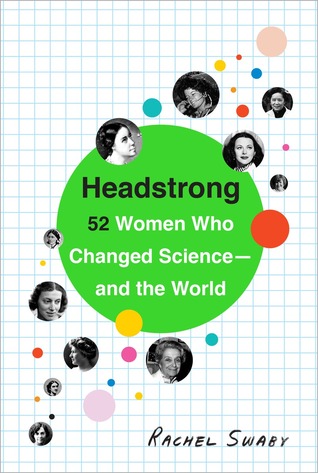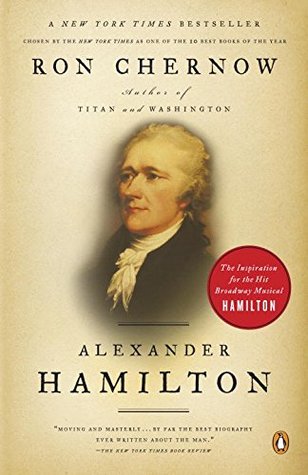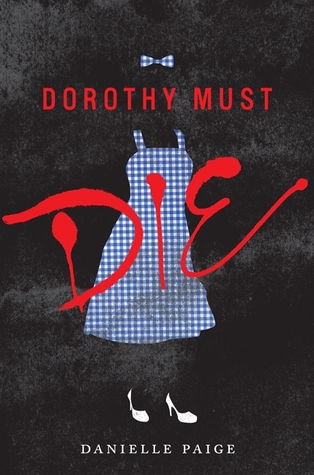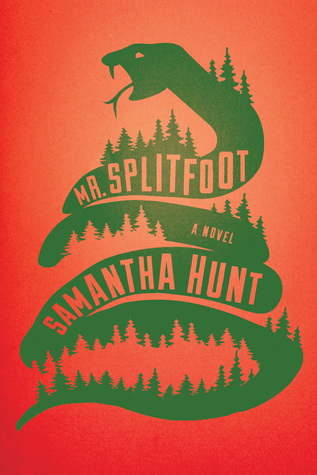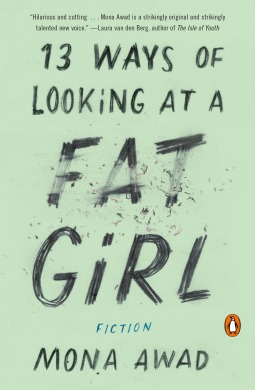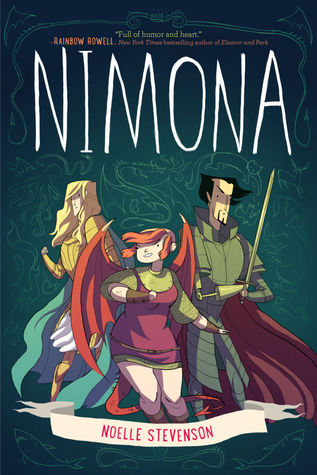Well friends, we did it. We read this giant book about Founding Father Alexander Hamilton and 700 and some pages later, we know all about Hamilton's difficult childhood, his determination to make something out of his new nation and himself, and his inability to ever let go of a grudge.
Alexander had a tough last few years. He continued to practice law, including arguing on behalf of a man accused of libeling President Jefferson, and oversaw the rest of the work on the Hamilton family home. Hamilton dreamed of writing his most ambitious work yet - a book that would trace government throughout history.
Aaron Burr knew that Jefferson would not keep him as vice president for a second term, so he decided to run for New York governor. He lost the race, due to lack of support from the Federalists and a spree of libelous campaign literature. But Burr placed the blame squarely on Hamilton's shoulders. While Hamilton did speak out against him, he was certainly not the only reason Burr lost the election.
So now we come to the terrible end that everyone knew was coming. It is a testament to Chernow's writing that I knew what would happen, but still felt a growing dread as I read through the last few chapters. Burr officially challenged Hamilton based on a letter from Charles Cooper, who recounted a conversation where Hamilton repeatedly denounced Burr. There were numerous opportunities for the duel to be resolved peacefully, but rarely has history ever encountered two such stubborn men. If Hamilton had apologized or even just said that he regretted what he had said. Burr fixated on the word "despicable" and Chernow writes that "in a shockingly brief span, the two men had moved to the brink of a duel and were ready to lay down their lives over an adjective."
The two men scheduled the duel for almost a month later because Hamilton felt responsible for completing his pending legal cases. The two men approached their last weeks very differently. Burr continued to be a man around town, visiting his favorite ladies. Some sources say that he also started practicing with pistols. Others, however, say there was no need because Burr was an excellent shot. Hamilton, on the other hand, finished his cases, spent time with his wife and children, visited with his friends, and made sure his affairs were in order.
Aaron Burr and Alexander Hamilton showed up for their duel at Weehawken, New Jersey, at the appointed day and time. Both men fired but apart from that fact, things get murky. Burr supporters say that Hamilton shot first and that is why Burr shot and fatally hit him in the abdomen. Friends of Hamilton, including his second Nathaniel Pendleton, claim that Hamilton always intended to "throw away his shot." The bullet that he fired went very wide and hit a tree. Whether he purposefully missed or shot wildly as a result of being hit is still debated.

Hamilton died 31 hours later, after receiving communion and having the chance to say goodbye to his friends and loved ones. Eliza went on after his death to be a complete and utter awesome human being (if you need details, please listen to "Who Lives, Who Dies, Who Tells Your Story" from Hamilton the musical). Burr, on the other hand, was kind of a jerk about the whole thing. He kind of almost said he was sorry...exactly once. Otherwise, he fled because he was possibly being charged with murder and spent the rest of his life making jokes about killing Hamilton and hiding from his creditors because he was in serious debt.
So. We are at the end. I guess we need to ask ourselves if it was worth it to read this giant book, to spend so many hours poring over the Founding Fathers, the Revolutionary War, and the life and times of Alexander Hamilton. I'm going to say yes. I learned a lot. Ron Chernow does a great job of framing our friend AHam so that you learn about his life and about the country that was forming around him. You will learn a ton about early politics and why our country works the way that it does.
I also find myself with so many questions for Lin-Manuel Miranda! He incredibly condensed several hundred pages of history into a musical you can actually sit through. But I want to know some things too and talk about the reasons that he changed the things that he did.
If you are a fan of Hamilton the musical or you are a history lover, come join us on the dark side and read
Alexander Hamilton. We have spunky sisters, duels, and Federalists.
